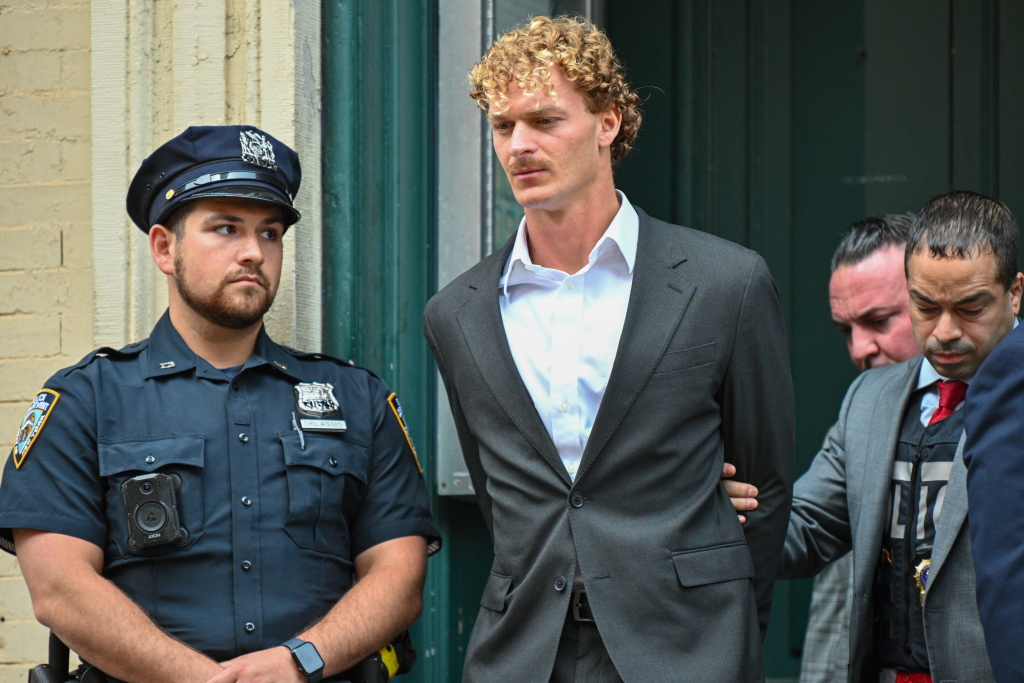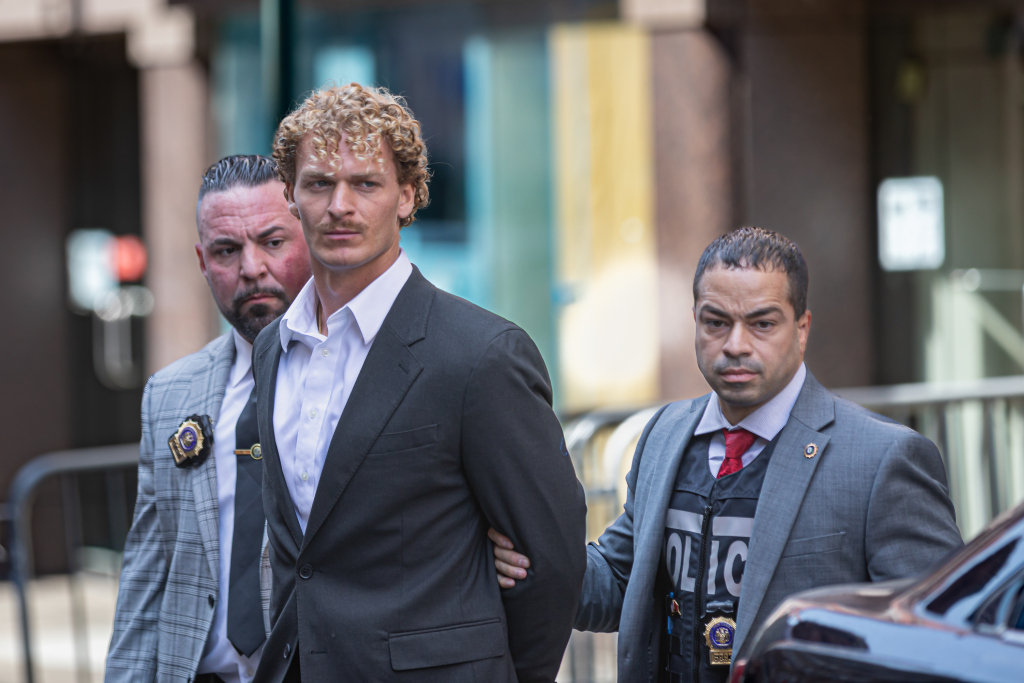Opening statements are scheduled for Friday in the manslaughter trial of 25-year-old Daniel Penny, who is facing charges over the death of Jordan Neely, a 30-year-old subway rider who was known in New York for his Michael Jackson impersonations. Neely, who was Black, was placed in a chokehold by Penny, a white Marine veteran, after witnesses said Neely was behaving erratically and shouting on a subway car in May 2023.
The high-profile case has sparked extensive debates over race, mental health, public safety, and the responsibilities of bystanders. Penny claims he acted in self-defense and had no intention of causing harm, only wanting to protect others on the train. Meanwhile, prosecutors argue that Penny’s response was disproportionate and that he continued to hold Neely in a chokehold well beyond what was necessary, ultimately causing his death.

Jurors to Deliberate on Self-Defense and Intent
Jurors, whose own experiences with New York’s subway system were considered during the selection process, will be asked to weigh evidence surrounding the six-minute chokehold. They will listen to opening statements from both the prosecution and the defense, who have starkly different views on what transpired. Prosecutor Dafna Yoran, speaking to prospective jurors during jury selection, indicated that while Penny’s initial intention may have been positive, he “went too far.” On the other hand, Penny’s lawyer, Steven Raiser, argues that his client was protecting himself and others from what he perceived as a threat.

Raiser also suggests that a conviction would set a dangerous precedent by potentially discouraging New Yorkers from stepping in to help others in perceived danger. In his words, convicting Penny “will have a chilling effect on every New Yorker’s right and duty to stand up for each other.”
Neely’s Complex Life and Troubled Background
Jordan Neely’s life was marred by tragedy and personal hardship. His family has described him as a talented entertainer who struggled with severe mental health issues exacerbated by the traumatic murder of his mother, who was killed and hidden in a suitcase when Neely was a teenager. Known for performing as a Michael Jackson impersonator, Neely also had a criminal record, including incidents of assault, and was sometimes homeless.
On the subway that day, witnesses reported Neely yelling that he was ready to die or go to jail. His behavior, which included sudden movements, prompted alarm among some passengers, while others seemed unfazed. According to court filings, Penny took matters into his own hands, subduing Neely by putting his arm around the man’s neck and holding him on the ground.
Video footage captured by a bystander shows Penny restraining Neely for about six minutes. According to prosecutors, Penny continued to hold Neely even after other passengers warned him that Neely had lost consciousness, and he only let go roughly a minute after Neely’s body went limp.
In a statement to police, Penny admitted to putting Neely in a chokehold, claiming he wanted to “de-escalate” the situation to prevent Neely from harming others. The city’s medical examiners later determined that Neely died as a result of neck compression, but Penny’s lawyers have indicated plans to question the findings during the trial.
Legal Strategy and Key Evidence
Penny’s legal team unsuccessfully argued to keep certain evidence out of the trial, including statements Penny made to detectives at the station and the detail that Neely was unarmed. Judge Maxwell Wiley ruled that Penny had voluntarily spoken to police without a lawyer and that whether Neely was armed — or whether someone could have reasonably assumed he was — is relevant to the case. Wiley’s decisions mean jurors will hear Penny’s stationhouse statements and learn that Neely was not carrying any weapons at the time.
In the months since the incident, the case has become deeply polarized, with both sides holding rallies and protests. Many Republicans have defended Penny’s actions as justified in a dangerous situation, while some Democrats, including those who attended Neely’s funeral, see the incident as an avoidable tragedy that reflects broader systemic issues in New York’s public transit system and its handling of homelessness and mental health crises.
Closing New York’s Subway Safety Gaps
The Neely case has brought discussions about public transit safety to the forefront. Governor Kathy Hochul and New York City Mayor Eric Adams have both responded by proposing initiatives to enhance safety on the subway system, including increasing law enforcement presence and improving services for the homeless.
Regardless of the outcome, Penny’s trial will likely be remembered for the legal and social questions it raised about how society should handle individuals with mental health challenges in public spaces, and where the line should be drawn between self-defense and excessive force.


